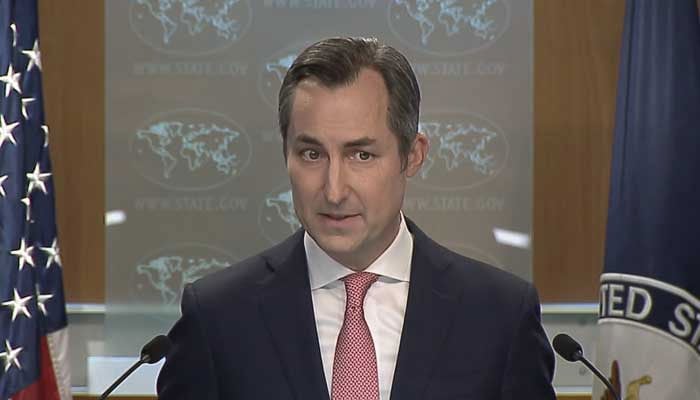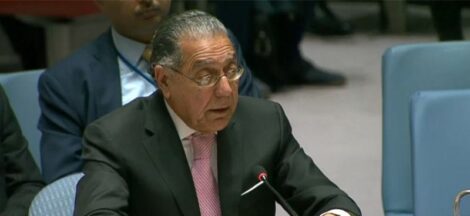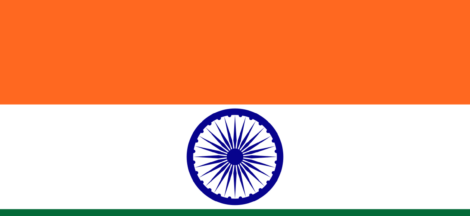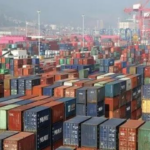The United States has pressed India and Pakistan to seek a “responsible resolution” after a deadly attack in Jammu and Kashmir’s Pahalgam area left more than two dozen people dead, as tensions between the two nuclear-armed neighbours threaten to escalate. The State Department confirmed it has been engaged in discussions with both governments at various levels since the assault on 22 April, underscoring Washington’s firm support for India while urging de-escalation.
The attack, which targeted civilians and security forces in the popular tourist destination of Pahalgam, was among the deadliest seen in the region in years. Indian authorities have pointed fingers at militant groups allegedly operating from Pakistan’s territory, prompting sharp diplomatic exchanges between New Delhi and Islamabad. Pakistan has rejected the accusations, characterising them as “baseless” and calling for an independent international investigation into the incident.
Speaking to the media, State Department spokesperson Vedant Patel stressed Washington’s concern over the violence, describing the situation as “deeply troubling.” Patel stated, “We condemn the attack in the strongest terms. We are in communication with our Indian and Pakistani counterparts and urge both sides to engage in dialogue to prevent further escalation.” The United States’ reaffirmation of its strategic partnership with India comes at a time when regional security dynamics are under close scrutiny by global powers.
Indian officials, including senior figures within the Ministry of External Affairs, have reiterated claims that the attack was orchestrated by operatives linked to Pakistan-based groups, particularly Lashkar-e-Taiba. Foreign Secretary Vinay Kwatra asserted during a press briefing that “the evidence collected so far points towards cross-border planning and execution.” India has conveyed its position directly to Islamabad through diplomatic channels and is reportedly consulting with key allies on its next steps.
Pakistan’s Ministry of Foreign Affairs responded by expressing “strong condemnation” of the loss of civilian lives but rejected any involvement in the attack. In an official statement, the ministry insisted, “Pakistan stands ready to cooperate with an independent investigation to uncover the truth and rejects attempts to malign Pakistan without concrete evidence.” The statement further urged the international community to refrain from drawing premature conclusions.
Behind the diplomatic tensions lies a broader pattern of strained ties between India and Pakistan, particularly concerning Kashmir, a disputed territory that has triggered multiple conflicts since the partition of 1947. Analysts observe that both nations are locked in entrenched positions, with New Delhi maintaining its tough stance on cross-border terrorism and Islamabad seeking to internationalise the Kashmir issue.
Security experts warn that the fallout from the Pahalgam attack could further destabilise the region. Michael Kugelman, Director of the South Asia Institute at the Wilson Center, remarked, “Any major terror attack in Kashmir has the potential to spark a major crisis. With elections looming in India, the political incentives for a strong response are even higher.” Kugelman pointed out that Washington’s call for calm reflects a broader anxiety among international actors about the risk of escalation spiralling out of control.
Meanwhile, Indian security forces have intensified counterterrorism operations across Jammu and Kashmir. Local police confirmed that multiple raids have been conducted over the past week in South Kashmir areas, with several suspected operatives detained for questioning. Inspector General of Police V.K. Birdi said that “security agencies are working in close coordination to track down those responsible and to dismantle any networks involved.”
The Pahalgam attack has reignited debates over counterterrorism policy and intelligence-sharing mechanisms in the region. Critics within India argue that despite enhanced surveillance measures, significant gaps persist in monitoring infiltration routes along the Line of Control. A former senior intelligence officer speaking on condition of anonymity stated, “We have improved our capabilities, but the terrain and the nature of threats require constant adaptation and vigilance.”
On the diplomatic front, New Delhi is reportedly engaging with key partners, including the United States, France, and Australia, to garner support for its position against cross-border terrorism. Indian External Affairs Minister S. Jaishankar is expected to raise the issue during his upcoming visits to major capitals. In the past, New Delhi has successfully lobbied for international sanctions against Pakistan-based terror outfits, and officials indicate a similar effort may be underway.
Pakistan, on its part, has been seeking to counter what it perceives as India’s attempts to “deflect attention” from alleged human rights violations in Kashmir. Speaking at a news conference in Islamabad, Foreign Minister Ishaq Dar accused India of “misleading the world” and reiterated Islamabad’s demand for a “neutral fact-finding mission” to investigate the attack and broader conditions in the region.
International reactions to the situation have been measured but firm. The United Nations Secretary-General’s spokesperson called for “maximum restraint” and encouraged both countries to resolve issues through dialogue. Meanwhile, the European Union expressed “grave concern” over the deteriorating security situation and highlighted the need for respect for international law and human rights in managing the conflict.




 Indirect Indian Exports To Pakistan At $10 Billion: GTRI
Indirect Indian Exports To Pakistan At $10 Billion: GTRI 